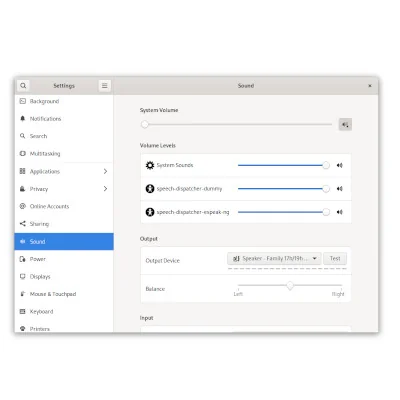VLC 3.0-RC3 Released With Hardware Decoding That Works On All Platforms

Two weeks back I wrote how the VLC 3.0 release candidates finally got underway while timed now for Christmas day is the 3.0-RC3 release that's getting a fair amount of attention.
Jean-Baptiste Kempf notes with this third release candidate of VLC 3.0:
This is the third release candidate of VLC 3.0, named "WeatherWax"Not all of these changes were made between RC2 and RC3, but rather this holiday-timed announcement is getting a fair amount of attention for testing rather than the earlier quiet release candidates. There's been a lot building up for this long overdue release of VLC 3.0 with for Linux users the excitement is the experimental Wayland support, a ton of new formats are supported, Chromecast support with the new renderer framework, hardware decoding is activated by default on all platforms, and various other changes.
WeatherWax is a major release changing a lot in the media engine of VLC. Notably, it:
- activates hardware decoding on all platforms, of H.264 & H.265, 8 & 10bits, allowing 4K60 or even 8K decoding with little CPU consumption;
- merges all the code from the mobile ports into the same release,
- supports 360 video and 3D audio, and prepares for VR content,
- supports direct HDR and HDR tone-mapping,
- updates the audio passthrough for HD Audio codecs,
- allows browsing of local network drives like SMB, FTP, SFTP, NFS...
- stores the passwords securely
- brings a new subtitle rendering engine, supporting ComplexTextLayout and font fallback
- supports ChromeCast with the new renderer framework,
- adds support for numerous new formats and codecs, including WebVTT, AV1, TTML, HQX, 708 and Cineform,
- updates the macOS interface with major cleaning,
- support HiDPI UI on Windows,
- prepares the experimental support for Wayland on Linux, and switches to OpenGL by default.
Hopefully the stable VLC 3.0.0 release won't take too much longer into 2018 before making its maiden voyage.
28 Comments

